Organizer
BIO OF WORKSHOP ORGANIZERS

Ross Greer
Assistant Professor
University of California Merced (UCM)
Prof. Dr. Ross Greer is an assistant professor at the Computer Science & Engineering Department at the University of California Merced. He is head of the Mi3 Lab to research machine intelligence, interaction, and imagination. Ross completed his PhD in Electrical & Computer Engineering with the Laboratory for Intelligent & Safe Automobiles (LISA) at the University of California San Diego. His Ph.D. was supervised by Prof. Dr. Mohan Trivedi, following the MS degree at UCSD and BS and BA degrees at UC Berkeley. Ross Greer’s research interests are safe, socially aware, and human-centric intelligent transportation systems. At UCSD, he also conducted research with Shlomo Dubnov through the Center for Research in Entertainment & Learning (CREL). He has organized the first workshop on Vision and Language Oriented Representations (VALOR@ITSC’24). His research was supported by the Qualcomm Innovation Fellowship, IRCAM’s Project REACH, as well as the generous support of lab sponsors Toyota CSRC, AWS, and the UCOP ILTI grant.

Walter Zimmer
PhD Student
Technical University of Munich (TUM)
Walter Zimmer is a Ph.D. candidate at the Chair of Robotics and Artificial Intelligence (AIR) of Technical University of Munich (TUM), where he has been a research assistant since March 2020. Before pursuing his PhD, he worked as an Autonomous Systems Engineer at STTech GmbH, developing self-driving car agents. He holds a B.Sc. from Cooperative State University (DHBW) and a M.Sc. in Computer Science from TUM. He received two scholarships to study at the Technical University of Delft and the University of California San Diego (UCSD). His research focuses on cooperative autonomous driving, cooperative 3D perception, intelligent transportation systems, safety, foundation models, curation of datasets, accident detection, and novelty detection. Mr. Zimmer has contributed to key projects like Providentia++ and AUTOtech.agil and has published over 18 papers in top venues such as CVPR, ICCV, ECCV, T-PAMI, and T-IV, accumulating over 500 citations (h-index of 12). He has reviewed over 70 papers for major conferences and journals like ICCV, ECCV, T-PAMI, T-IV, T-ITS, RA-L, IV, and ITSC and has supervised more than 40 students. Walter has organized ten int. workshops (2ndDriveX@ICCV’25, 1stDriveX@CVPR’25, MEIS@CVPR’25, DLIVA@IV’25, 14thCAD-FMS@IV’25, MAAS@ECCV’24, VALOR@ITSC’24, DDIVA@IV’24, DDIVA@IV’23, DDIVA@IV’21), released multiple TUM Traffic datasets, and developed impactful tools like the 3D BAT annotation tool. His work has been recognized with the IEEE ITSS Best Student Paper Award at ITSC 2023.
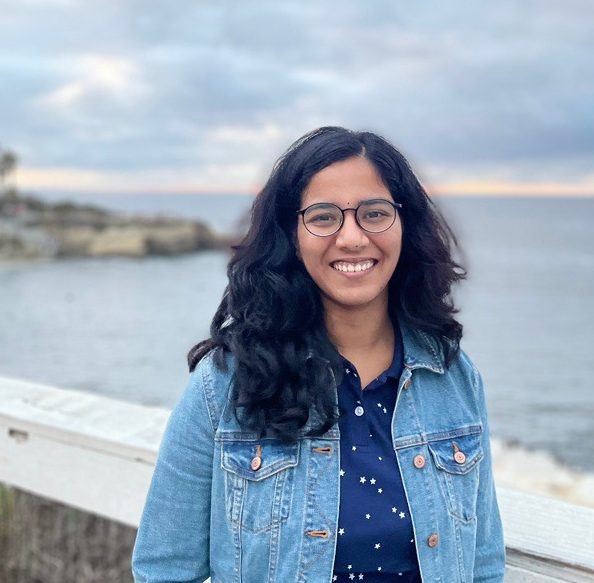
Dr. Madhumitha Sakthi,
Senior Video Research Engineer,
Qualcomm
Dr. Madhumitha Sakthi is a senior ADAS R&D systems engineer at Qualcomm Technologies Inc., and has filed over 10 patent applications. She received her M.S.E and Ph.D. degrees in Electrical and Computer Engineering from The University of Texas at Austin in 2019 and 2022, respectively. She received the Professional Development Award from the ECE department at UT Austin in the year 2019 to present her original research work at ICASSP and was a recipient of the Dean’s List Award for academic achievement in the year 2014 and 2015. Her research interests include sensor data fusion for autonomous driving applications and deep learning for signal processing. She has been in the Program Committee for three workshops, organizing committee for two workshops and has reviewed several IEEE research papers.
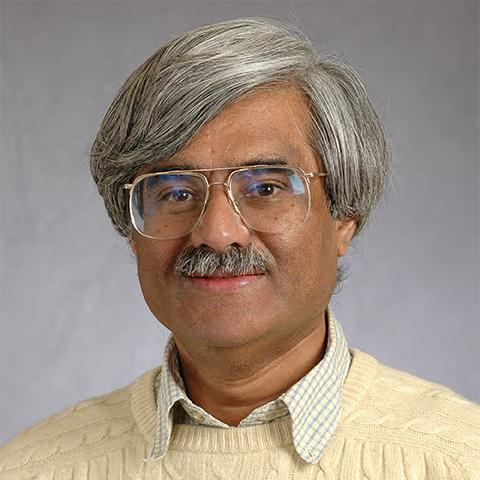
Mohan Trivedi
Distinguished Professor
University of California San Diego (UCSD)
Prof. Dr. Mohan Trivedi is a Distinguished Professor of Electrical and Computer Engineering and founding director of the Computer Vision and Robotics Research Laboratory, as well as the Laboratory for Intelligent and Safe Automobiles (LISA) at the University of California San Diego. Trivedi and his team are pursuing research in intelligent vehicles, autonomous/self-driving, machine perception, machine learning, human-robot interactivity, advanced driver assistance, active safety and intelligent transportation systems. He has published over 700 archival papers (h-index of 101, >41,000 citations), has won over 20 Best or Finalist Paper awards, has received the IEEE ITS Society’s Outstanding Research Award and LEAD Institution Award as well as the Meritorious Service and Pioneer Award of the IEEE Computer Society. He is a Fellow of IEEE, SPIE, and IAPR. Trivedi has served as the Robotics TC Chair for the IEEE Computer Society, on the Governing Boards of the IEEE SMC and ITSC Society, Editor-in-Chief of the Machine Vision Applications journal and charter member of the University of California System wide Digital Media Innovation program. He has received Distinguished Alumnus awards from BITS, Pilani, India and Utah State University. Trivedi serves regularly as a consultant to industry and government agencies in the USA and abroad.
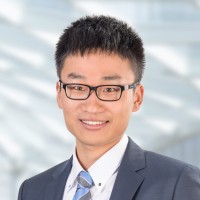
Rui Song
PhD Student
Technical University of Munich (TUM) and Fraunhofer IVI
Rui Song is currently pursuing a Ph.D. degree with the Chair of Robotics, Artificial Intelligence and Real-Time Systems, Technical University of Munich, Garching, Germany. After working for four years as a software developer on digital validation for autonomous driving functions in the industry, he started his current occupation as a researcher at the Fraunhofer Institute for Transportation and Infrastructure Systems, Ingolstadt, Germany. His research interests are federated learning, vehicular communication, cooperative perception, and intelligent transportation systems (ITS). He has made notable contributions to the field, with papers published in prestigious journals such as the IEEE Internet of Things Journal, IEEE Transactions on Intelligent Vehicles, and Knowledge-based Systems. His work has been featured in conferences like CVPR, ECCV, IJCNN, IV, ITSC, and VTC. Throughout his academic journey, Rui has been actively involved in organizing workshops (e.g. DDIVA@IV’24). He also serves as a reviewer for numerous journals and conferences, including IEEE TNNLS, Information Fusion, Neurocomputing, NeurIPS, ACM Multimedia, AISTATS, IV, ITSC, and IJCNN.

Max Ronecker
PhD Student
Graz University of Technology and SETLabs Research GmbH
Max Ronecker is a PhD student at the Institute of Computer Graphics and Vision at the Graz University of Technology in Austria and SETLabs Research GmbH in Munich, Germany. He holds a B.Eng. in Electrical Engineering from the Cooperative State University (DHBW), a M.Sc. in Electrical Engineering and Information Technology from the Technical University of Munich (TUM) and a M.Eng. in Control Theory and Control Engineering from Tongji University. His PhD is in the area of radar and camera-based perception for autonomous vehicles. One of his main research interests is the fusion of different sensor modalities to predict the occupancy grid of the environment around the vehicle. His further research interests include Machine Learning, Robotics, and Autonomous Driving.
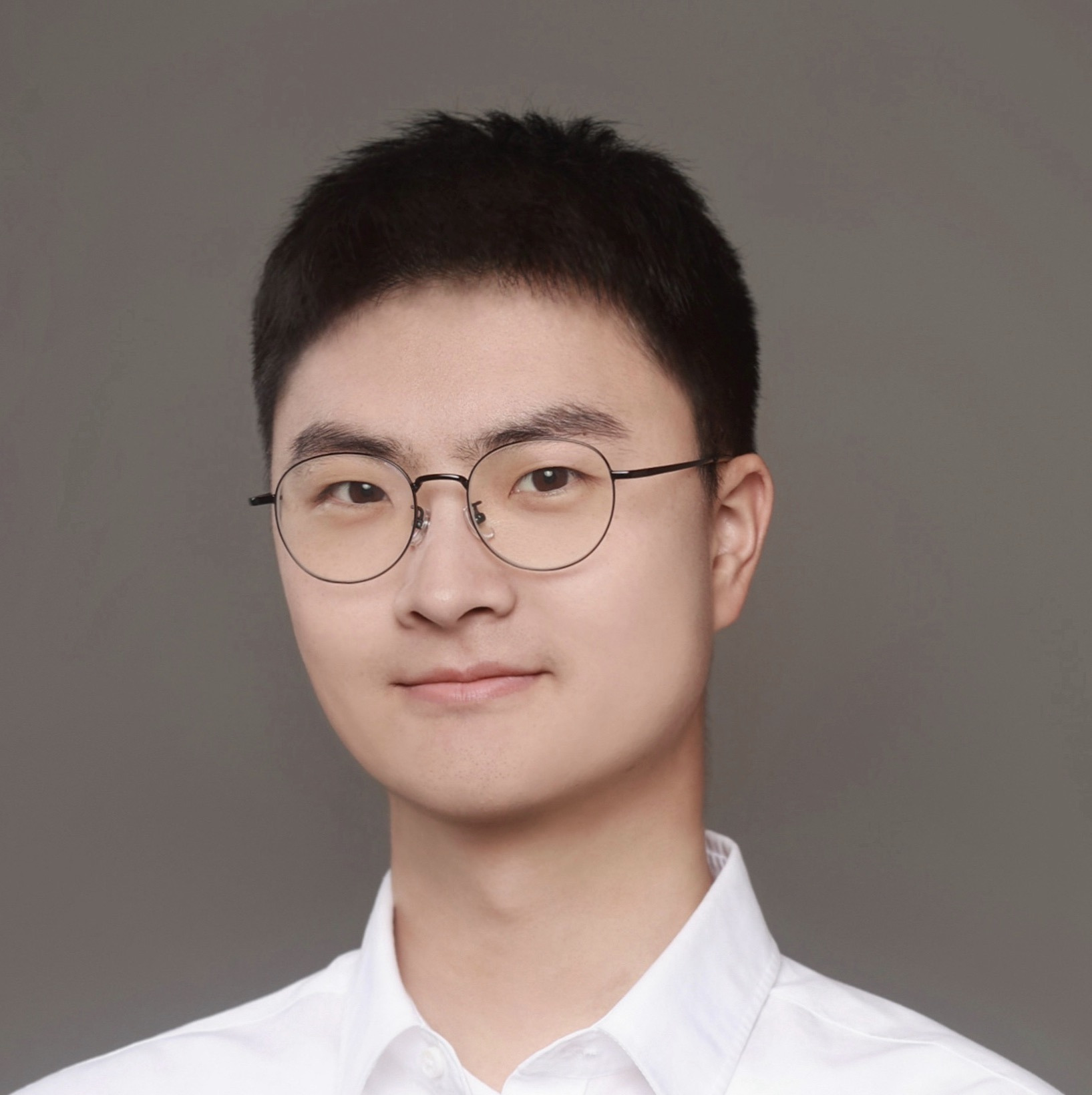
Xingcheng Zhou
PhD Student
Technical University of Munich (TUM)
Xingcheng Zhou is currently a Ph.D. student at the Chair of Robotics, Artificial Intelligence and Real-time Systems at the Tech. Uni. of Munich (TUM), Germany. He completed his M.Sc. in Electrical and Computer Engineering at the Tech. Uni. of Munich in 2021. Before starting at TUM, he worked as an Industrial AI Researcher at Siemens. He has co-organized the 5th International Workshop on Data-Driven Intelligent Vehicle Applications (DDIVA@IV’24) and the 1st Workshop on Vision and Language Oriented Representations (VALOR@ITSC’24). His current research interests include computer vision, autonomous driving, and vision language models.
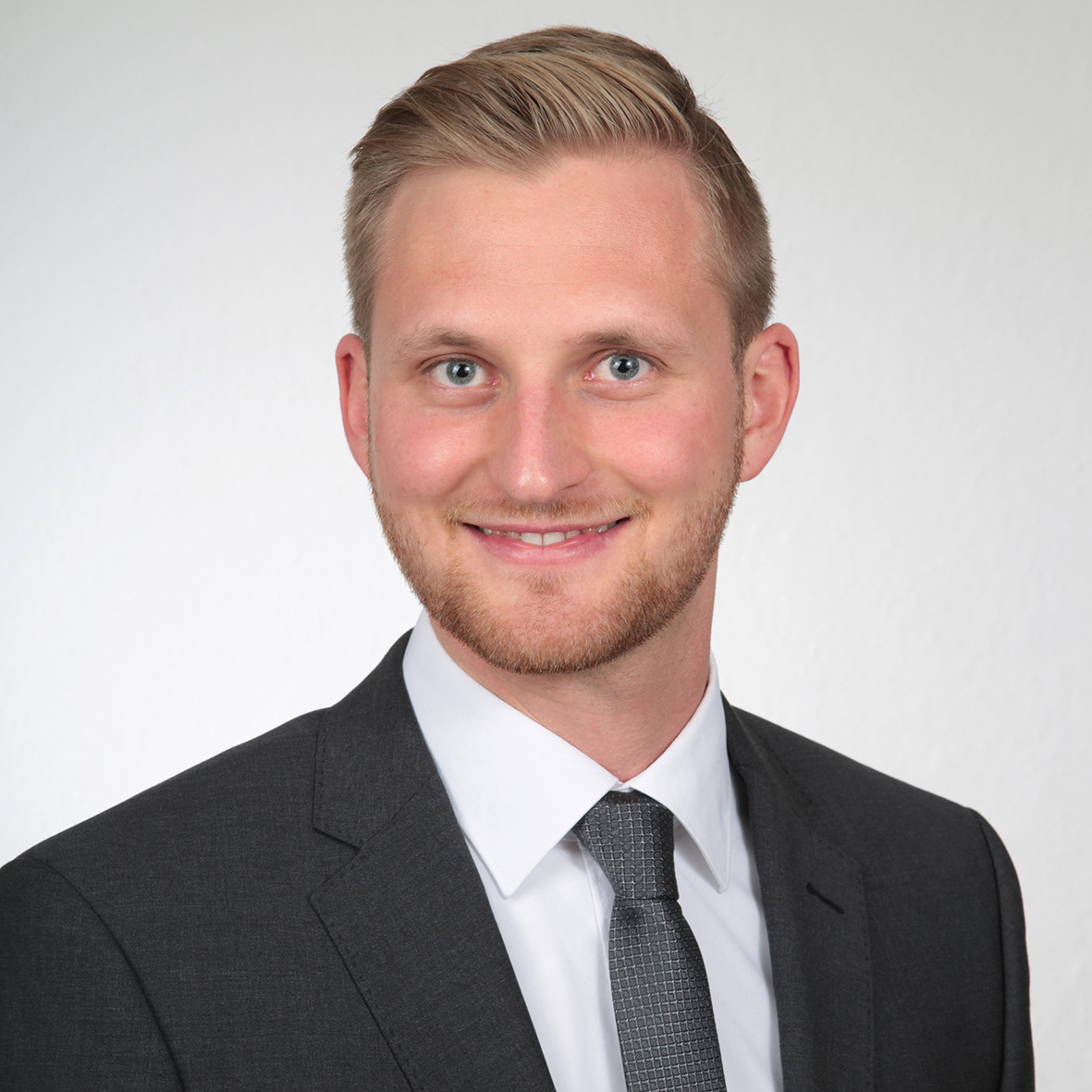
Lars Ullrich
PhD Student
University of Erlangen–Nuremberg
Lars Ullrich is a Ph.D. student at the Chair of Automatic Control at Friedrich–Alexander–Universität Erlangen–Nürnberg, where he also earned his M.Sc. in Mechatronics in 2022. For his Master’s thesis, he received the Baumüller and Hanns-Voith-Foundation Award. He holds a B.Eng. in Mechatronics from the Cooperative State University (DHBW). His research focuses on probabilistic trajectory planning for safe and reliable autonomous driving in uncertain dynamic environments, with a particular emphasis on addressing challenges associated with AI systems in automated driving. Since early 2025, he serves as Vice-Chair of the IEEE Intelligent Transportation Systems Society (ITSS) German Chapter.
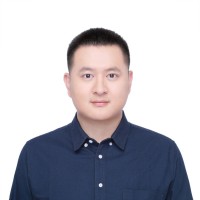
Chuheng Wei
PhD Student
University of California Riverside (UCR)
Chuheng Wei is a Ph.D. student in the Transportation System Research (TSR) Group within the Department of Electrical and Computer Engineering at UC Riverside. His research focuses on perception for autonomous driving, including personalized driving models, sensor fusion, and cooperative perception in V2I systems. He holds a Bachelor’s degree in Digital Media Technology from the Communication University of China and a Master’s degree in Smart Connected and Autonomous Vehicles from the University of Warwick, UK.
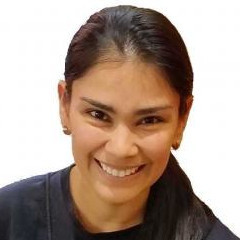
Stephany Berrio Perez
Post-Doc
University of Sydney
Dr. Stephany Berrio Perez is a Postdoc at RWTH Aachen University and a Research Fellow at the Australian Centre for Robotics at the University of Sydney. Stephany completed her PhD at the University of Sydney in 2020. Her research focuses on scene understanding, integrating probabilistic sensor fusion and machine learning in urban and rural areas, as well as collaborative perception and map maintenance for long-term localisation for autonomous vehicles. She is the IEEE Intelligent Transportation Systems (ITSS) Young Professional Chair and part of the ITSS Board of Governors (2023–2025). Stephany co-organized the following workshops: BRDAV@ITSC’23, VALOR@ITSC’24, DDIVA@IV’24, RSS’24 workshop. Stephany is serving as the workshop chair for IEEE IV’25 and as the local chair for IEEE ITSC’25.

Dr. Senthil Yogamani,
Engineering Director,
Qualcomm Inc.
Dr. Senthil Yogamani holds an engineering director position at Qualcomm and leads the data-centric AI for autonomous driving department. He has over 19 years of experience in computer vision and machine learning including 16 years of experience in industrial automotive systems. He is an author of 150+ publications which have 9000 citations and an inventor of 250+ filed patents. He serves on the editorial board of various leading IEEE automotive conferences including ITSC and IV.
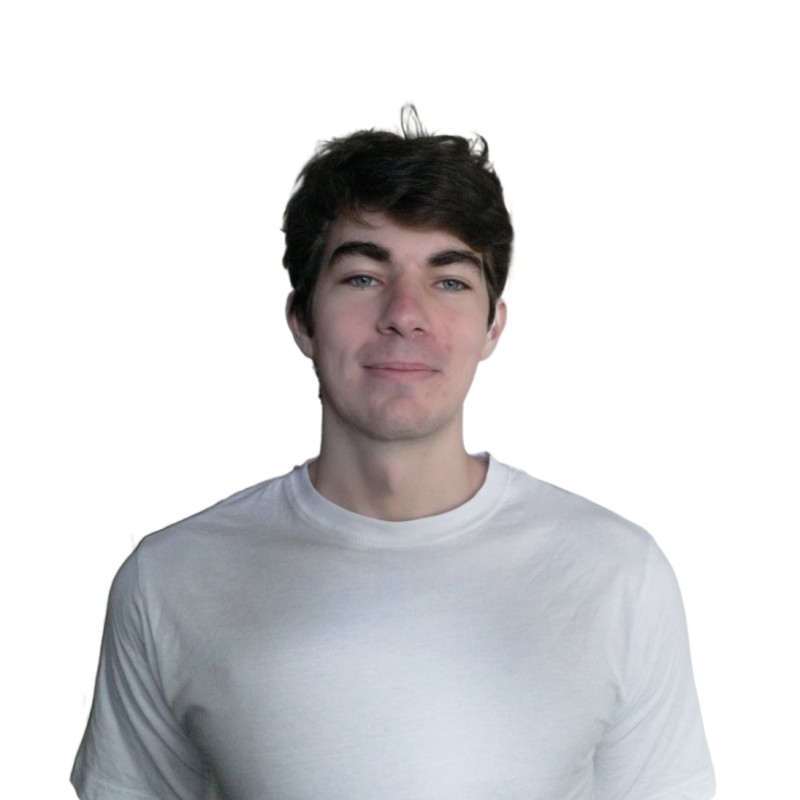
Andrei Bulzan,
Senior Machine Learning Engineer,
Qualcomm Inc.
Andrei Bulzan is a machine learning engineer and former tech lead at Qualcomm with a focus on enabling 3D AD perception platforms. His 5+ years in the automotive industry have revolved around computer vision - predominantly deep learning-based - solutions to environment comprehension, key-object detection and automated ground truth generation. He is an associated teaching assistant with the Politehnica University of Timișoara in the Data Science and AI fields, co-supervising student diploma projects and master’s theses. It is under the same institution that Andrei is undergoing his PhD studies in the subdomain of Open World Object Detection, recipient of best paper award at ICSTCC 2022.
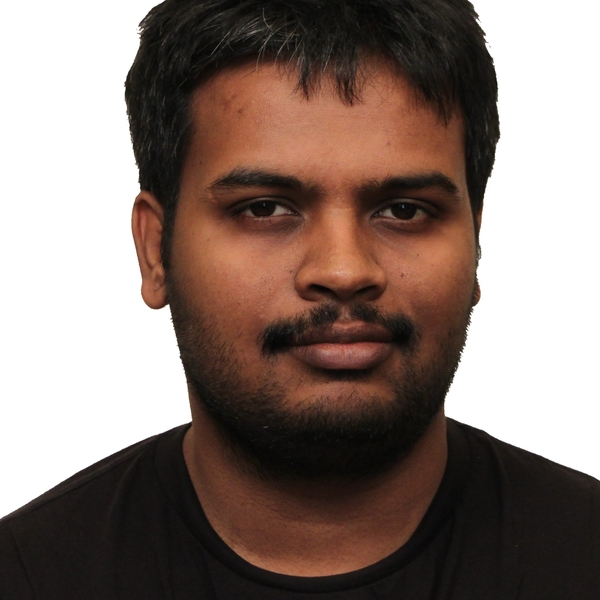
Dr. Bangalore Ravi Kiran,
Senior Staff Engineer and Manager,
Qualcomm Inc.
Bangalore Ravi Kiran is a Senior Staff Engineer and Manager at Qualcomm. Before he led research at Navya on designing efficient real-time AI/Deep learning architectures for perception tasks on camera and LiDAR sensors. He has over 3+ years experience working with various modules on an autonomous driving system. He has over 7+ years of broad academic experience, which consists of DNNs for semi-supervised learning for video anomaly detection, time series analysis for anomaly detection on satellites, hyperspectral image processing for tumor detection. He defended his PhD on energetic lattice based optimization for image segmentation in 2014, for which he was awarded the best thesis prize. He has authored over 40 publications and 1 patent. He serves as an associate Editor in ITSC & IV communities.
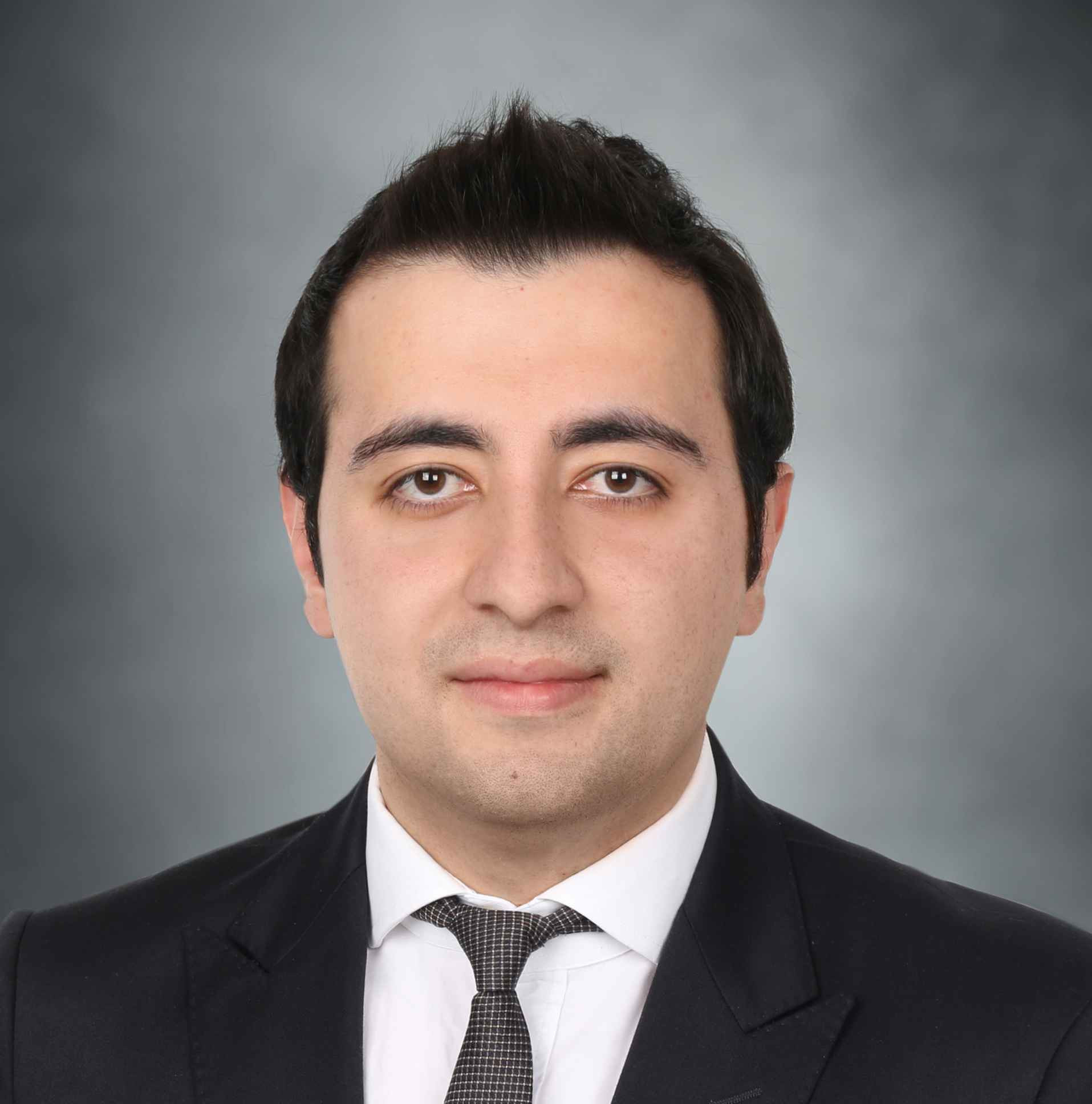
Mert Keser
PhD Student & AI Research Scientist
Technical University of Munich & Continental Berlin AI Lab
Mert Keser is a Ph.D. student at the Chair of Robotics, Artificial Intelligence and Real-Time Systems at the Technical University of Munich and an AI Research Scientist at Continental Berlin AI Lab. His research focuses on safeguarding perception functions for autonomous vehicles, including decision verification and reliability. He holds a Bachelor’s degree from Başkent University, Turkey, and a Master’s degree from TUM, Germany.
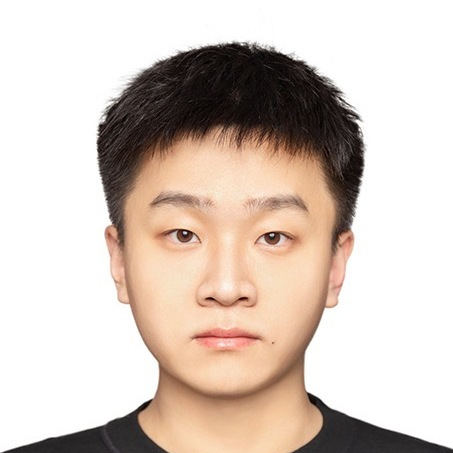
Yifan Liu,
PhD Student
University of California Los Angeles
Yifan Liu is a Ph.D. student from the Civil and Environmental Engineering Department, at the University of California, Los Angeles. He received his M.S. degree in Computer Science from New York University in 2024 and his B.E. degree in Computer Science and Engineering from the University of California, Davis. His research interests include large language models, reinforcement learning, and deep learning, with a focus on applications to smart mobility systems and autonomous driving.
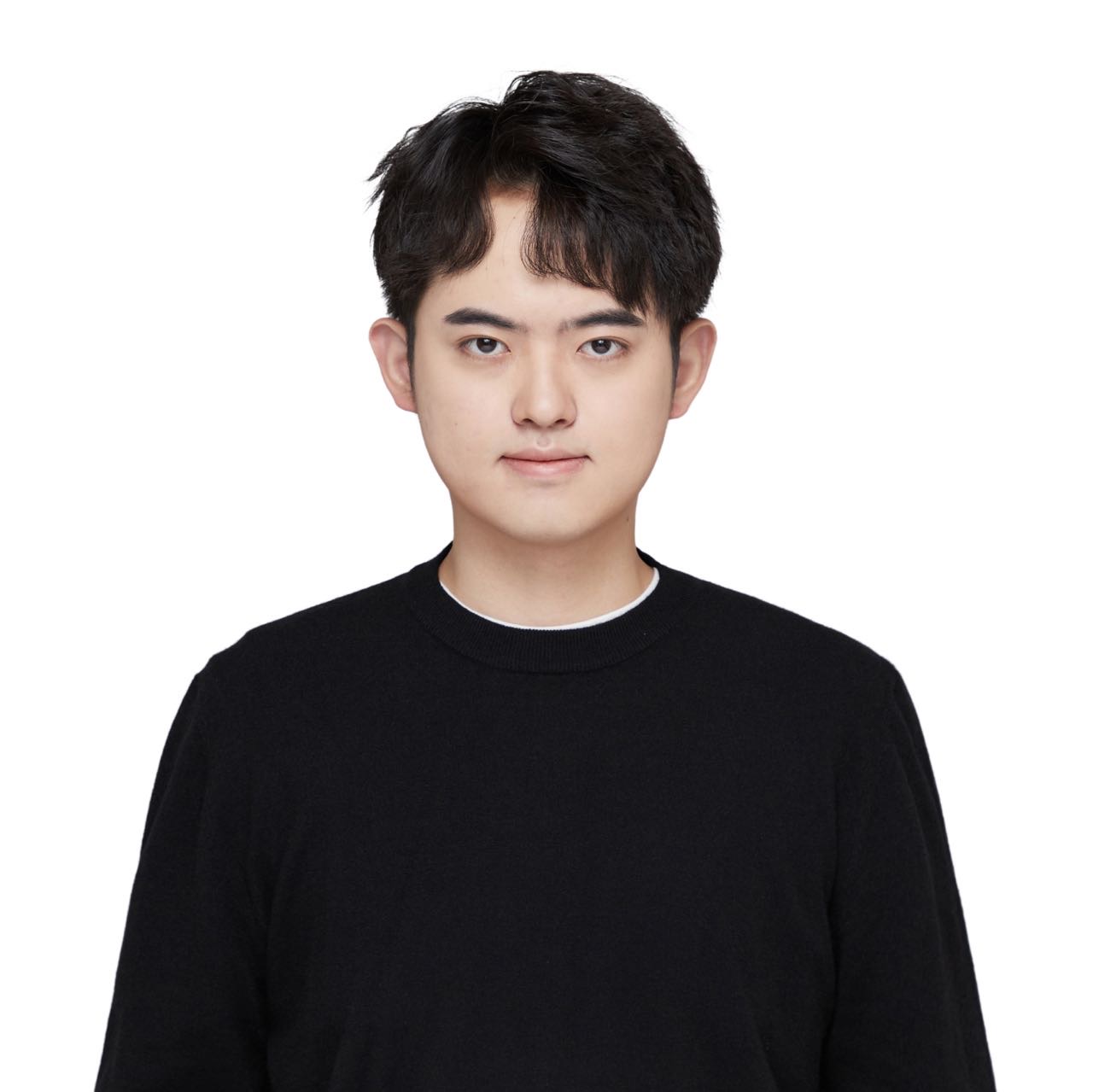
Haoxuan Ma,
PhD Student
University of California Los Angeles
Haoxuan Ma is a Ph.D. student at UCLA Mobility Lab, under the mentorship of Dr. Jiaqi Ma. He holds a Master’s degree from Carnegie Mellon University and a Bachelor’s degree from the University of Rochester. His research leverages deep/machine learning, reinforcement learning, spatial-temporal data mining, and large language models (LLMs) with transportation science, addressing challenges in Intelligent Transportation Systems, Anomaly Detection, Autonomous Driving, and Mobility System-level Digital Twins.

Jiajie Zhang,
PhD Student,
Technical University of Munich (TUM)
Jiajie Zhang is currently a Ph.D. student at the Chair of Robotics, Artificial Intelligence and Real-time Systems at the Tech. Uni. of Munich (TUM), Germany. He received his M.Sc. degree in Mechatronics and Information Technology from the Karlsruhe Institute of Technology. Before joining TUM, he worked as a research scientist at fortiss GmbH on autonomous systems & applied machine learning. His current research interests include cooperative autonomous driving, multi-model sensor fusion and vehicle-to-everything (V2X).

Holger Caesar
Assistant Professor
Delft University of Technology
Prof. Dr. Holger Caesar is a tenured Assistant Professor in the Intelligent Vehicles group of TU Delft in the Netherlands. Holger’s research interests are in Autonomous Vehicle perception and prediction, with a particular focus on the scalability of learning and annotation approaches. Previously, Holger was a Principal Research Scientist at an autonomous vehicle company called Motional (formerly nuTonomy). He started three teams with 20+ members that focused on Data Annotation, Autolabeling, and Data Mining. Holger received a PhD in Computer Vision from the University of Edinburgh in Scotland under Prof. Dr. Vittorio Ferrari and studied in Germany and Switzerland (KIT Karlsruhe, EPF Lausanne, ETH Zurich). He is best known for developing the influential autonomous driving datasets nuScenes and nuPlan and his contributions to the real-time 3D object detection method PointPillars. His research interests include 3D detection, segmentation, prediction, active learning, sensor fusion, and collaborative perception. Holger has an extensive record of publications in top-tier conferences such as CVPR, ICCV, ECCV, and IEEE IV, and he has secured multiple grants, including an EU KDT grant and a TU Delft internal grant. Holger also serves as an Associate Editor for IEEE Robotics and Automation Letters (RA-L) and holds several roles at TU Delft, and is a board member of the ELLIS Delft unit. He was the area chair at ICCV’23, NCCV’23, and ECCV’24 and will be the area chair for CVPR 2025. Holger has contributed to 32 workshops as an organizer or keynote speaker. He co-organized 13 workshops (COCO@ICCV’17, COCO@ICCV’19, WAD@CVPR’19, AIDO@NeurIPS’19, BPAD@IROS’20, AIDO@NeurIPS’20, AIDO@ICRA’21, SRAD@ICRA’23, E2E-AD@CVPR’23, DMLR@ICLR’24, FMAS@CVPR’24, CODA@ECCV’24), DriveX@CVPR’25, one conference (NCCV’23), and gave 19 keynote presentations.
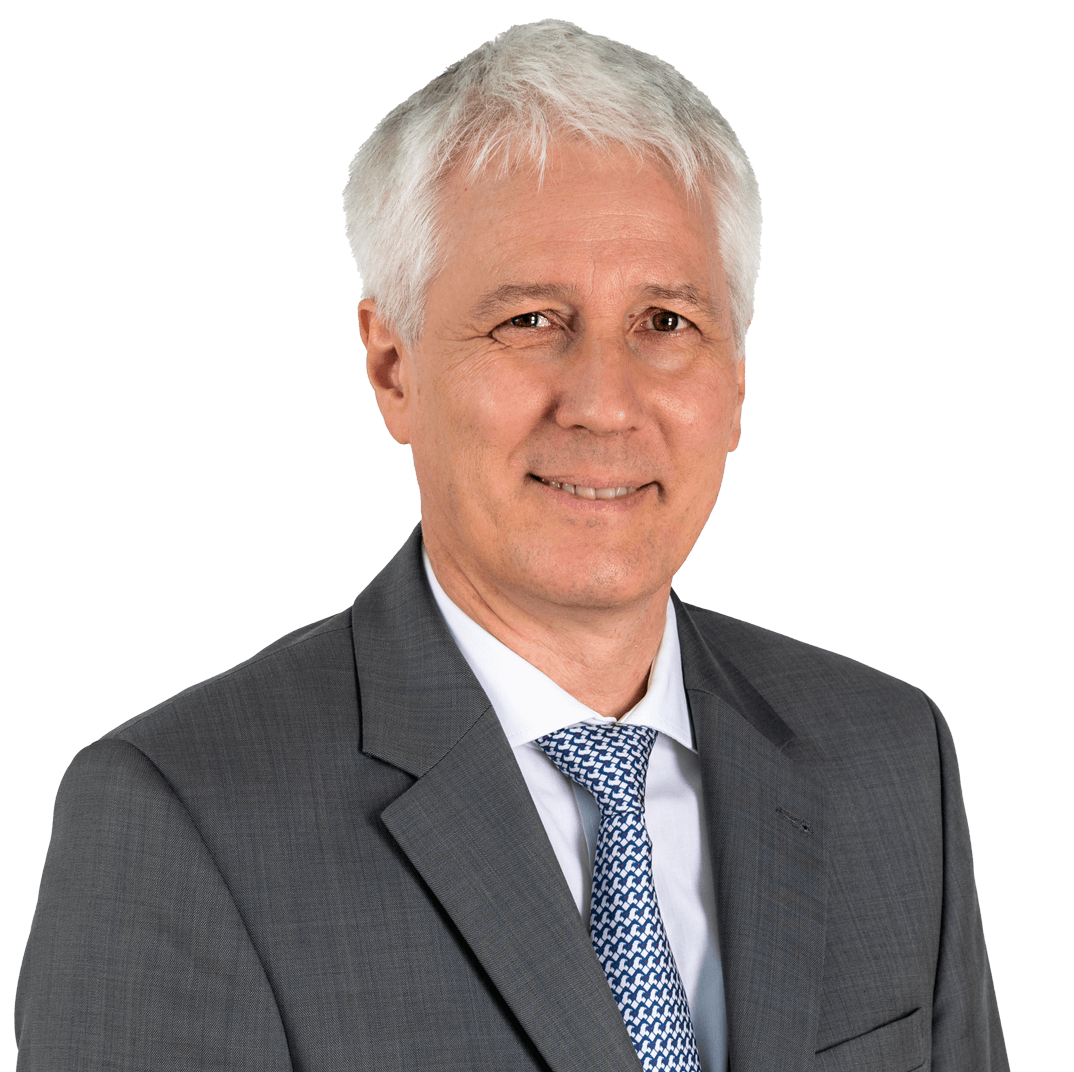
Alois Knoll
Professor
Technical University of Munich (TUM)
Prof. Dr.-Ing. habil. Alois C. Knoll is a professor at the Technical University of Munich (TUM), Germany. He began his career at TU Berlin and became a full professor at the University of Bielefeld. In 2001, he joined the Technical University of Munich (TUM) as a Computer Science professor, where he played a significant role in the Institute of Medical Engineering Technology (IMETUM) and served as Executive Director of TUM’s Institute of Computer Science. He has published over 2,000 technical papers (>30,000 citations, h-index: 72) and led national and EU-funded projects. He has organized major conferences such as IEEE-RAS Humanoid Robots 2020 and IEEE-IROS and founded fortiss to promote research-industry collaboration. Prof. Knoll has been a key figure in initiatives linking computer science with neuroscience, including the EU Human Brain Project and neuro-IT endeavors. He’s committed to education, having initiated programs like TUM’s Graduate School of Information Science in Health and the Robotics, Cognition, and Intelligence program. His contributions have earned him prestigious awards like the Carl-Ramsauer-Prize and the University of Tokyo Fellowship. He is active in various professional societies and advisory roles. Prof. Knoll has founded multiple startups in artificial intelligence, autonomous driving, and foundation models.
WEB CHAIRS
Walter Zimmer, PhD Student, Technical University of Munich (TUM)